Discover how groundbreaking sitcoms of the 70s shattered boundaries and reshaped the TV landscape.
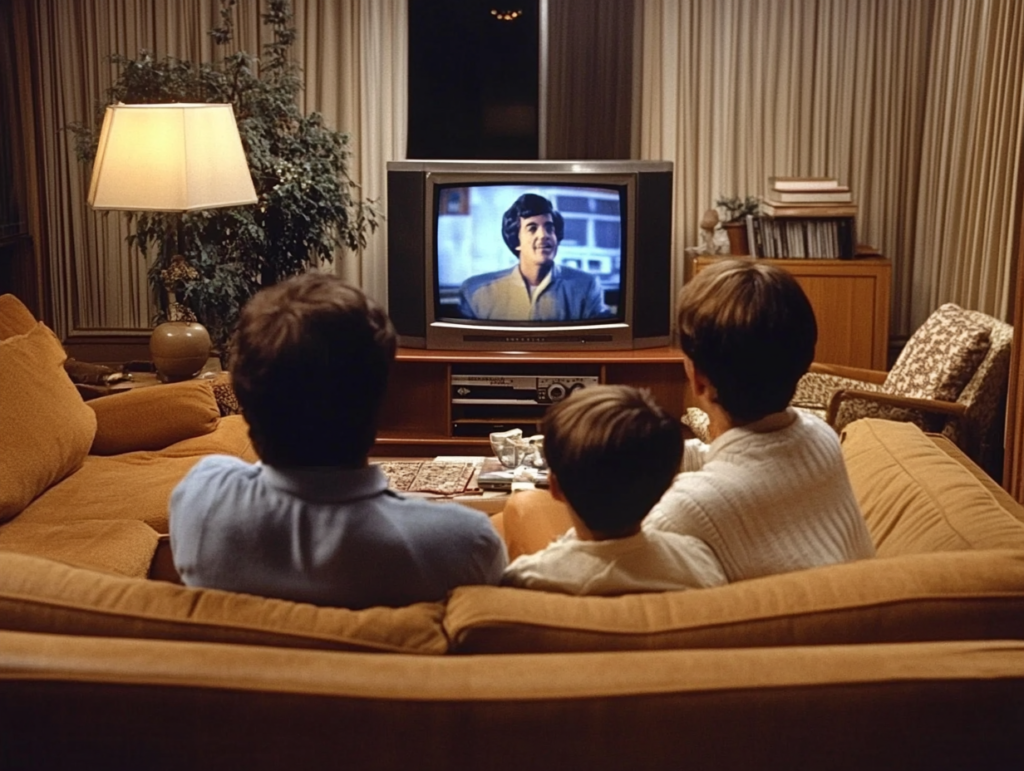
The 1970s were a golden age for television, but much more was happening beneath the surface than audiences realized at the time. While viewers laughed along with the sitcoms of the decade, many of those shows were quietly and courageously challenging deeply held social norms. These sitcoms weren’t just entertainment—they were vehicles for progress, helping to spark important conversations across dinner tables and classrooms alike.
1. Sitcoms dared to depict interracial relationships on prime-time TV
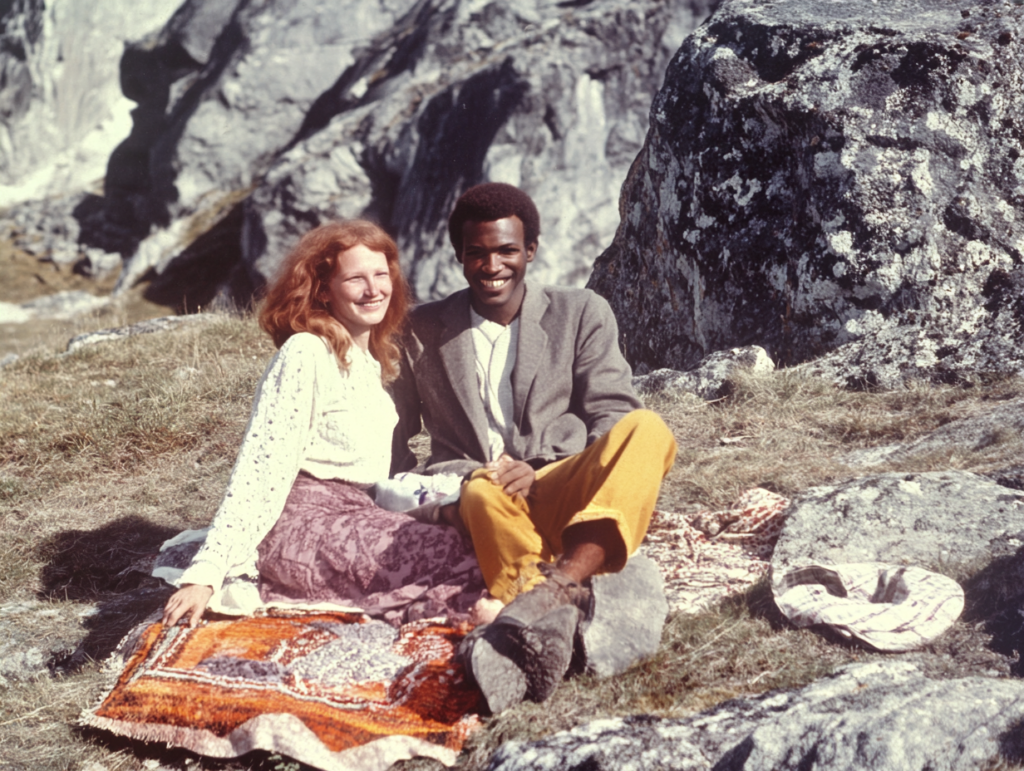
During an era when racial segregation and prejudice were still deeply ingrained in American society, the decision to showcase interracial relationships on mainstream television was nothing short of revolutionary. Shows like The Jeffersons and All in the Family introduced viewers to characters whose romantic connections crossed racial lines, a choice that sparked heated debates among both audiences and network executives, as reported by Ronald Brownstein at The Atlantic.
They didn’t shy away from the societal tensions surrounding race but instead used them as a lens to foster empathy and understanding. These stories created ripple effects, pushing open doors that had long remained closed in entertainment and in the broader culture.
2. Characters openly discussed women’s liberation and feminism
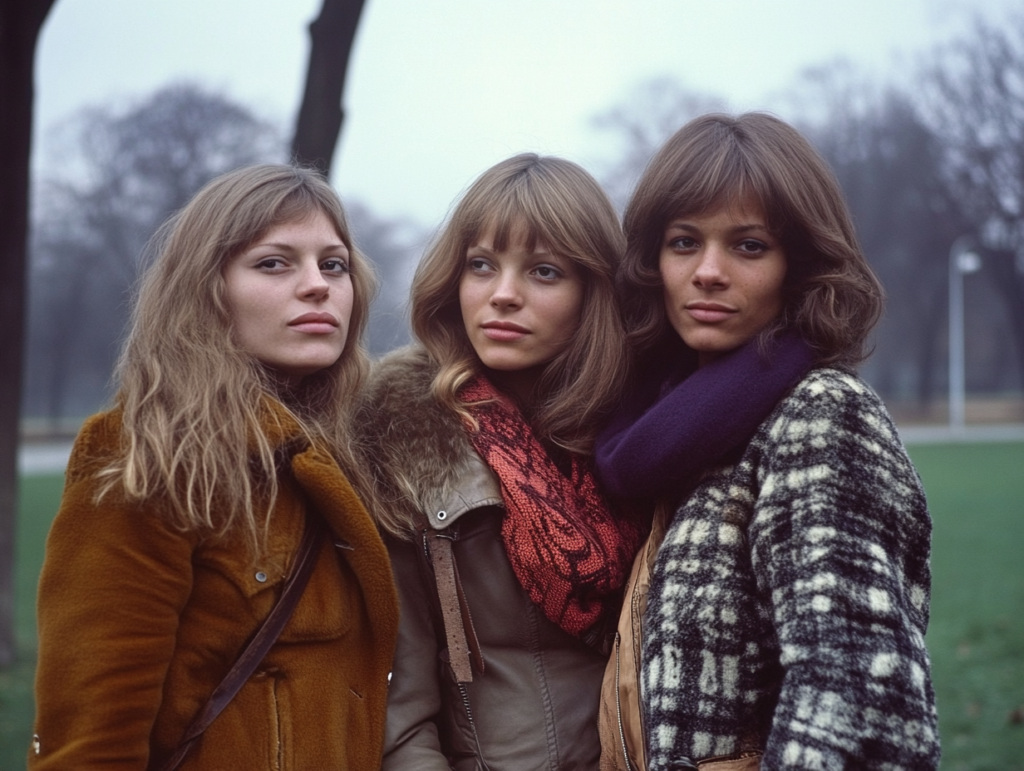
In the 70s, the women’s liberation movement was gaining momentum across the United States, and television began to mirror this societal shift. Sitcoms like Maude didn’t tiptoe around feminist issues—instead, they embraced them head-on. Maude Findlay, played by Bea Arthur, was unapologetically progressive, and she tackled topics like reproductive rights, wage equality, and challenging gender roles, according to Kageno at Medium.com.
Her character defied the traditional image of women as submissive housewives and instead portrayed a strong, opinionated woman who wasn’t afraid to speak her mind. This representation empowered viewers, particularly women, to question their own roles and assert their voices. It marked a cultural turning point, as television became a stage for broader conversations about women’s rights and personal agency.
3. Sitcoms addressed LGBTQ+ representation despite heavy backlash

Long before LGBTQ+ visibility became a focus of mainstream media, 70s sitcoms took tentative but courageous steps toward representation. The show Soap introduced a gay character, Jodie Dallas, played by Billy Crystal—one of the first such portrayals in a network television comedy, as stated by Ed Gross at For Women First. Though the character was at times written with stereotypes, his presence was a groundbreaking moment in TV history.
The inclusion of Jodie brought LGBTQ+ issues into the living rooms of millions, challenging misconceptions and forcing audiences to confront their own biases. The backlash was intense, with sponsors pulling out and protests erupting, yet the decision to continue with the character helped lay the groundwork for future, more nuanced portrayals of LGBTQ+ individuals in entertainment.
4. Shows tackled hot-button topics like abortion head-on
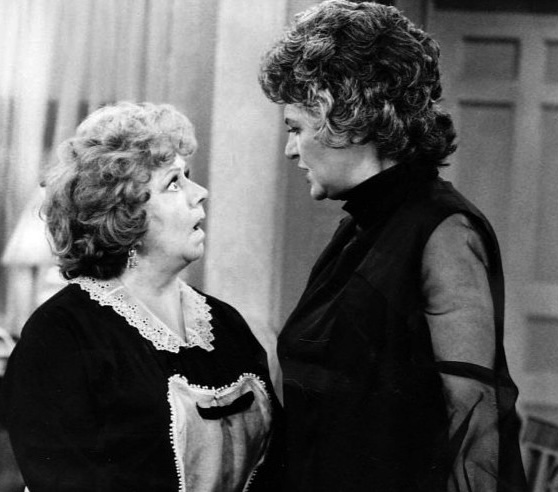
Perhaps one of the most audacious moments in 70s television came when Maude aired an episode dealing directly with abortion. In this storyline, Maude finds herself unexpectedly pregnant and chooses to have an abortion—a decision she discusses openly. This aired just after the Roe v. Wade decision, when the topic was still fiercely polarizing across the country.
The episode triggered a national firestorm, with letters of outrage flooding into the network. However, it also sparked vital conversations about bodily autonomy and reproductive rights. For many viewers, it was the first time they had seen this issue handled on TV with empathy and intelligence. It proved that sitcoms could serve as catalysts for deep moral and political discussions without losing their accessibility.
5. Divorce and single parenthood became relatable storylines
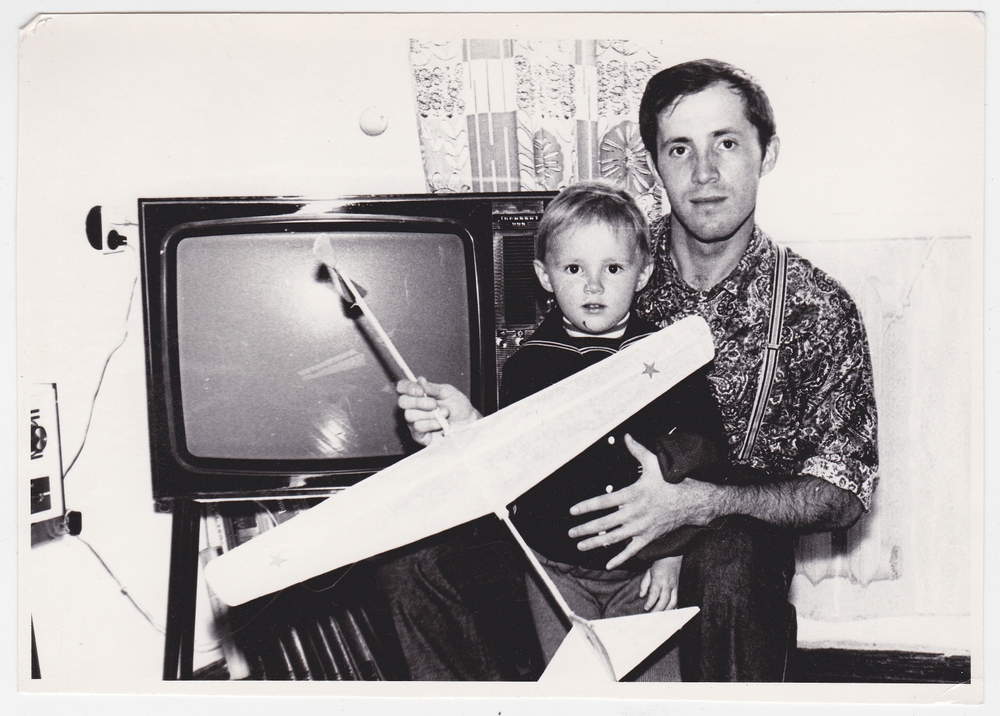
In an era when most TV families looked like they were lifted from a Norman Rockwell painting, One Day at a Time changed the script. It followed Ann Romano, a recently divorced mother, as she raised her two daughters alone. This portrayal was a significant departure from the polished image of the perfect nuclear family that had long dominated television.
Audiences connected with Ann’s day-to-day struggles—balancing work, parenting, dating, and her own emotional growth. These storylines gave validation to countless viewers whose family lives didn’t fit the idealized mold. The show’s relatability and sincerity helped normalize divorce and single parenthood, turning these formerly taboo subjects into part of mainstream conversation.
6. Sitcoms openly addressed racism and bigotry in America
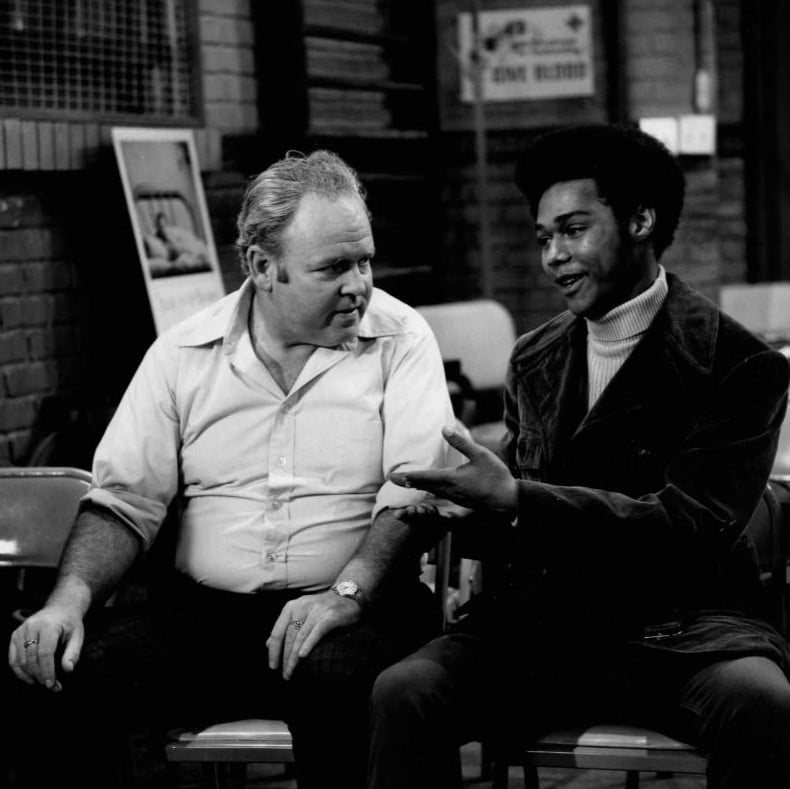
All in the Family famously featured Archie Bunker, a character whose bigoted views were laid bare for audiences to scrutinize. Rather than endorsing Archie’s prejudices, the show used his ignorance to spark critical conversations about racism, sexism, and xenophobia. The show’s brilliance lay in its use of comedy to confront harsh truths.
Viewers were invited to laugh—but also to think. Archie’s offensive remarks were countered by other characters, and the show skillfully highlighted the absurdity of such views. By putting racism on display and subjecting it to scrutiny, All in the Family gave voice to a growing demand for social awareness, encouraging audiences to examine their own beliefs.
7. Women’s health and body image were addressed with honesty
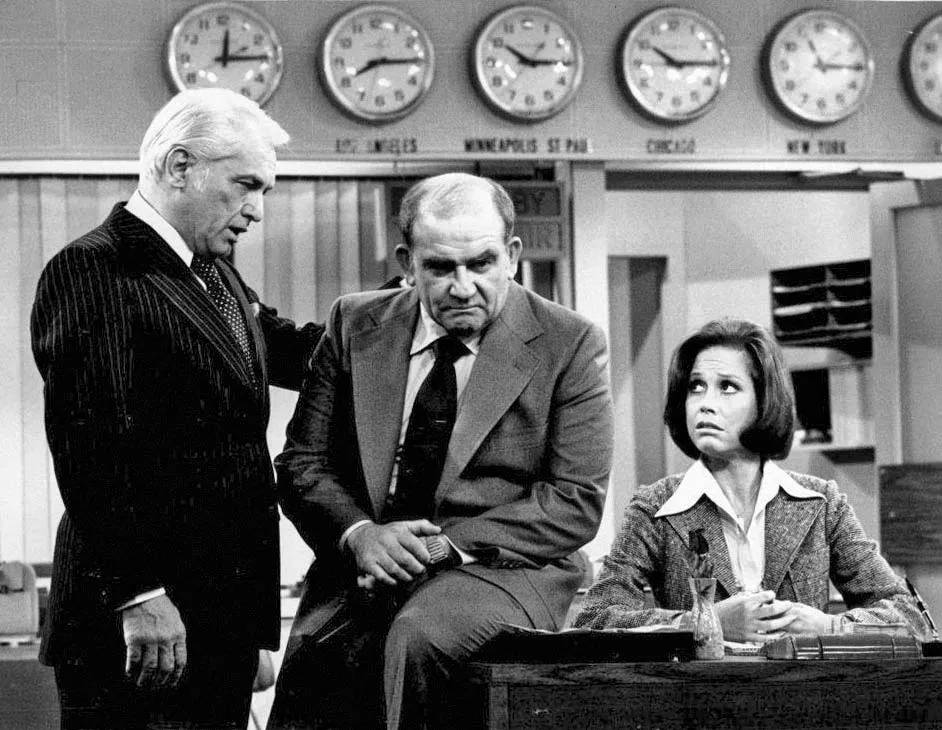
Television had long shied away from honest depictions of women’s health, but the 70s began to change that. Shows like Mary Tyler Moore and Maude tackled subjects such as menopause, aging, dieting, and the complex relationship women have with their bodies. These discussions weren’t buried in subtext—they were spoken out loud.
Characters expressed frustrations and insecurities that were rarely acknowledged in pop culture. These storylines helped dismantle the illusion that women were supposed to be perpetually young, cheerful, and self-sacrificing. By bringing these private issues into the public eye, these sitcoms validated the experiences of millions and encouraged more open conversations about women’s wellness.
8. Teen pregnancy became a topic of discussion

Good Times took a bold step by exploring the issue of teen pregnancy, a subject that was rarely—if ever—addressed in sitcoms. When one of the characters faced the prospect of an unplanned pregnancy, the show portrayed the situation with depth, compassion, and realism. It didn’t gloss over the emotional and societal consequences.
Instead, the episode offered a glimpse into the real-life challenges that young people face, including parental disappointment, peer judgment, and the struggle to envision a future. By acknowledging that teen pregnancy existed and required thoughtful dialogue, Good Times helped bring an often-silenced issue into the public consciousness.
9. Religion and its hypocrisies were called into question
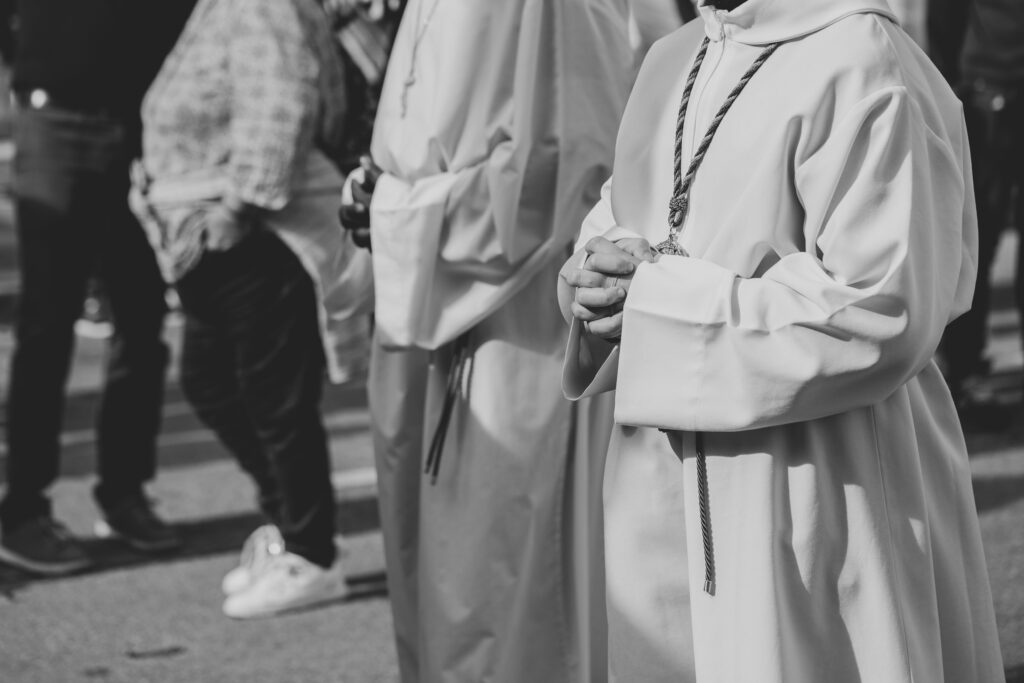
In a society where religion was often considered off-limits for critique, sitcoms like All in the Family and Maude dared to go there. These shows featured characters who questioned dogma, exposed hypocrisy, and pushed back against blind adherence to tradition. They used humor to explore the complex relationships people have with faith.
This willingness to examine religious institutions and ideas made these sitcoms feel revolutionary. They didn’t mock belief itself but invited viewers to think more critically about how religion was used and misused. By encouraging dialogue about faith in a nuanced way, these shows created space for both devout and questioning viewers to feel heard.
10. Disability was brought into the spotlight with dignity
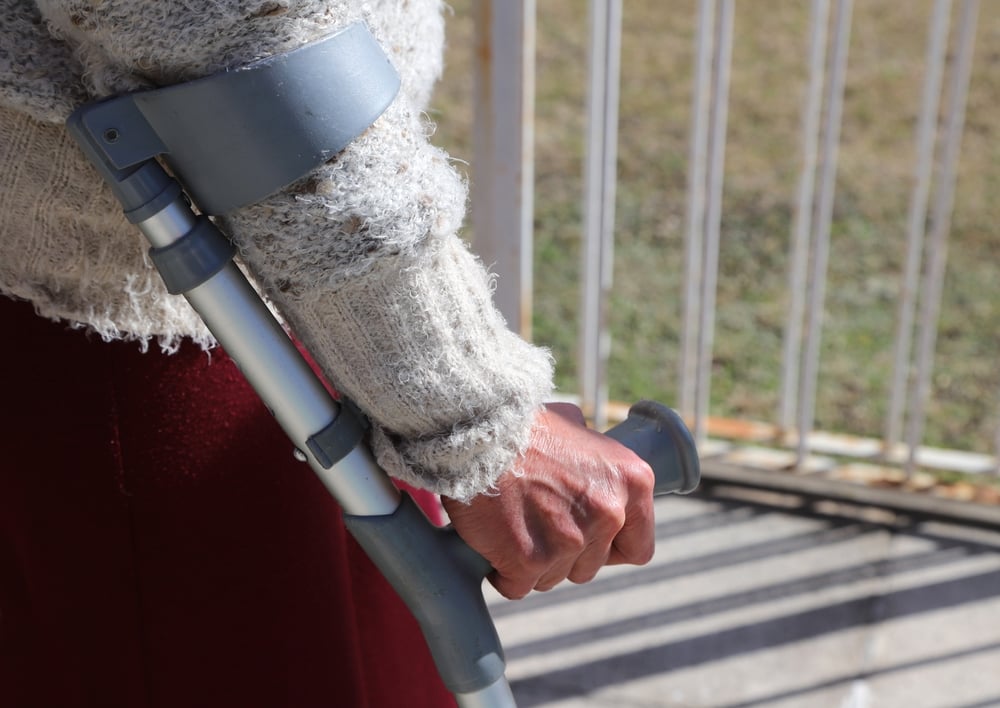
Characters with disabilities were almost nonexistent on TV before the 70s, and when they did appear, they were often portrayed as objects of pity. But shows like The Facts of Life and Mary Tyler Moore broke that pattern. They included characters with visible and invisible disabilities, portraying them as multi-dimensional human beings.
These portrayals helped shift public perception by showing that people with disabilities could be funny, smart, and fully engaged in life. The shows highlighted the need for accessibility and respect while integrating these characters into the narrative rather than isolating them. It was a powerful early step toward normalization and inclusion.
11. Mental health struggles were portrayed realistically

Mental health was another topic that had long been avoided or oversimplified in television. The show Taxi changed that by exploring the emotional lives of its characters with depth and nuance. Viewers saw characters struggling with depression, anxiety, and emotional trauma—issues that were rarely acknowledged in mainstream media.
These portrayals didn’t rely on dramatic breakdowns or melodrama. Instead, they revealed how mental health affects people in subtle, everyday ways. By humanizing these challenges and showing that help was available, Taxi helped reduce stigma and inspired many to begin thinking differently about emotional well-being and mental care.
12. Sexual harassment in the workplace was finally addressed
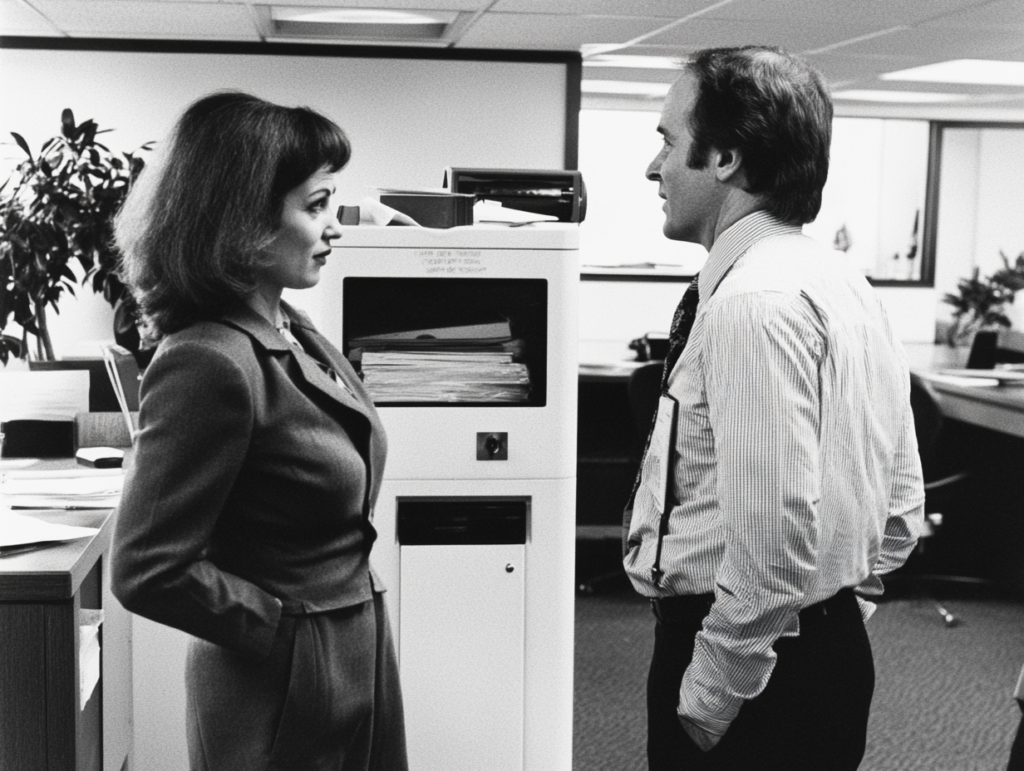
The Mary Tyler Moore Show was among the first sitcoms to shine a light on sexual harassment and gender dynamics at work. Mary Richards was a single woman navigating a professional world dominated by men, and her experiences reflected those of countless working women of the time.
Storylines showed her handling inappropriate comments, unequal pay, and being underestimated—all with poise and quiet defiance. These moments weren’t just fictional—they were cathartic for women who faced the same challenges daily. By addressing these issues head-on, the show planted early seeds of the workplace equality conversations that would blossom in decades to come.
13. Patriarchal family dynamics were turned on their head
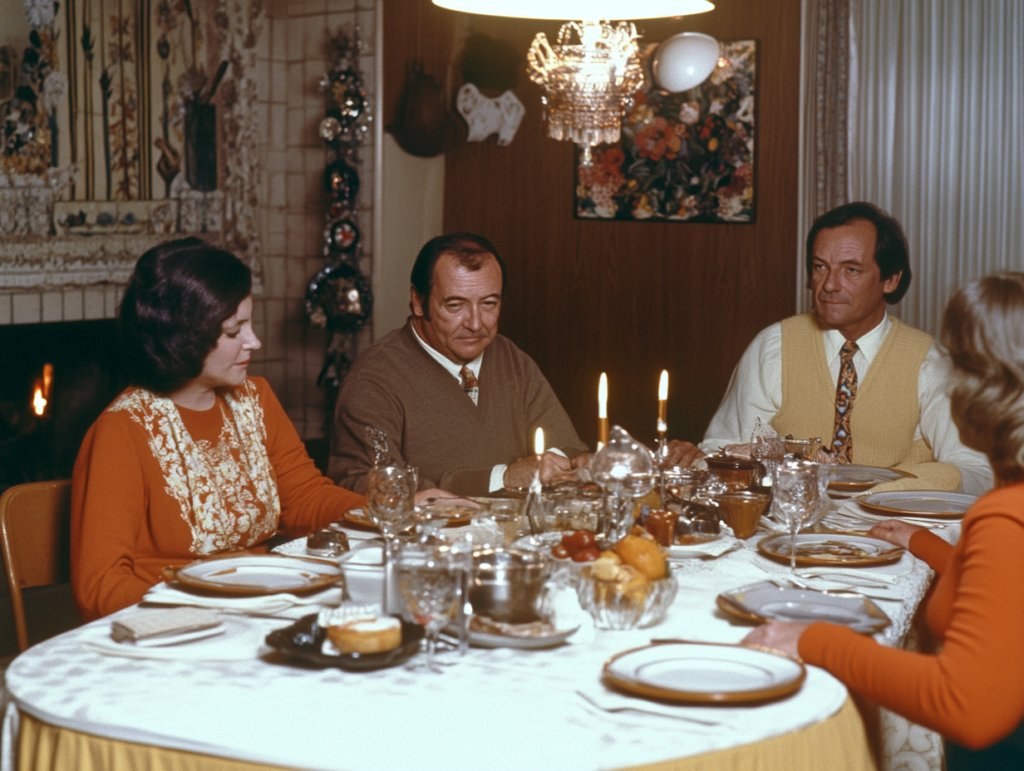
Throughout the 70s, shows like The Jeffersons and Good Times began dismantling the archetype of the authoritarian male head of household. Instead, viewers saw marriages where women had a strong voice and families that operated with shared power and mutual respect. These dynamics felt refreshingly real and relatable.
By moving away from rigid gender roles, these sitcoms reflected the changes happening in society. They encouraged viewers to rethink what leadership in a family could look like, promoting the idea that collaboration and respect—not dominance—made for healthier relationships. It was a quiet but powerful redefinition of what family meant on screen.
